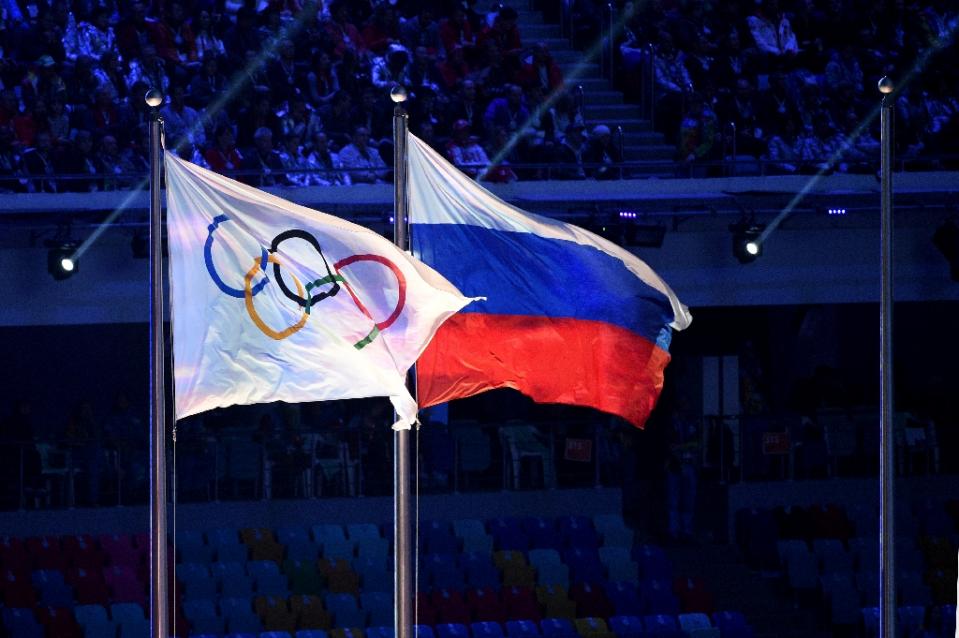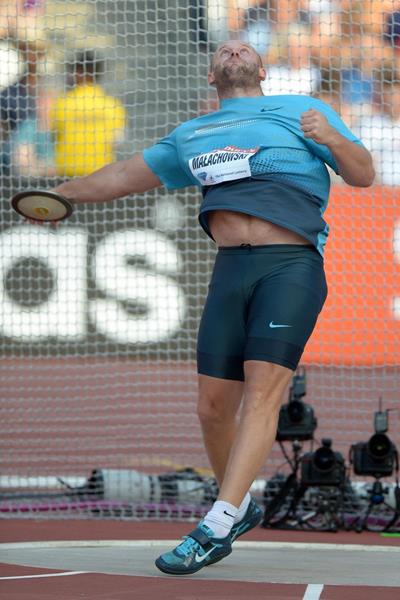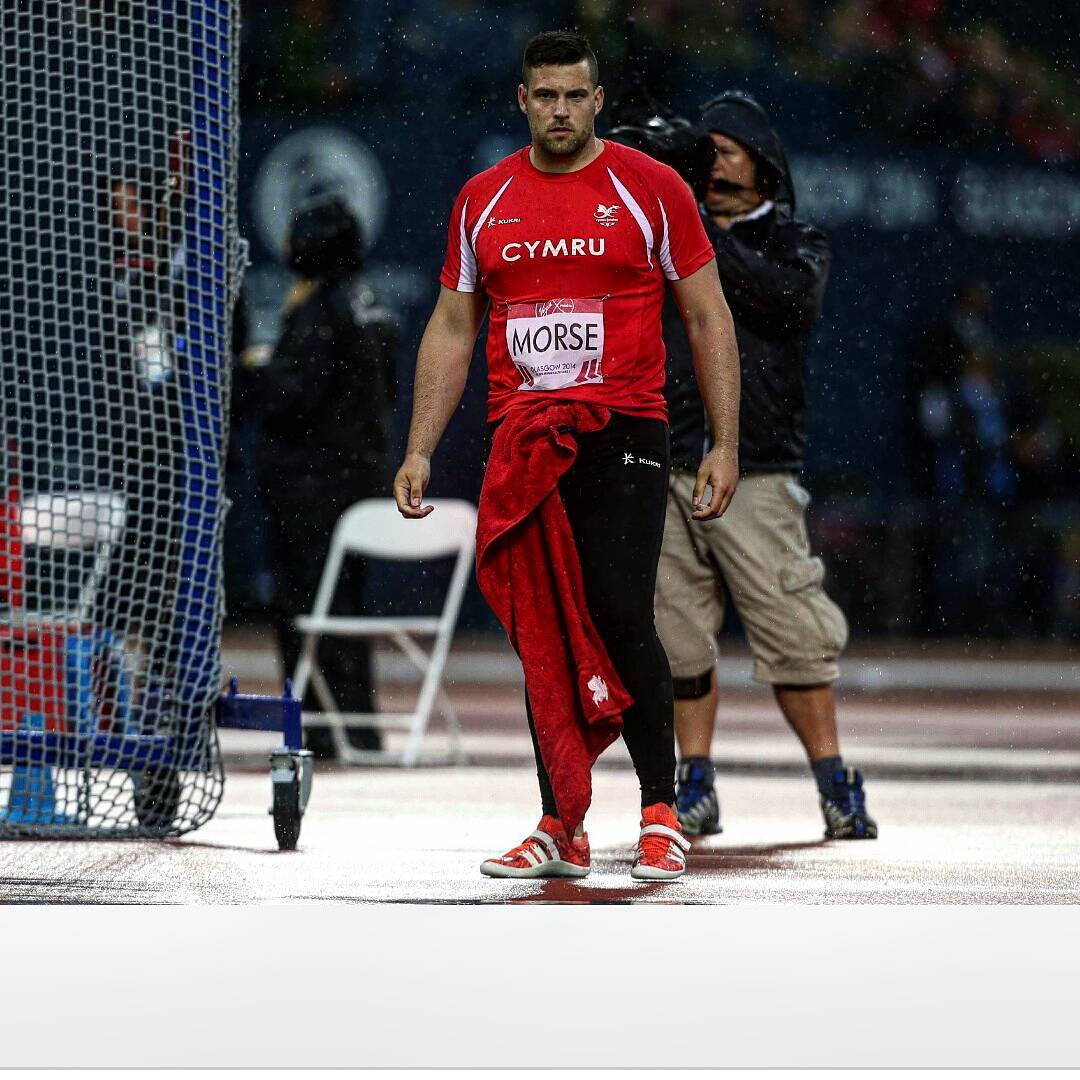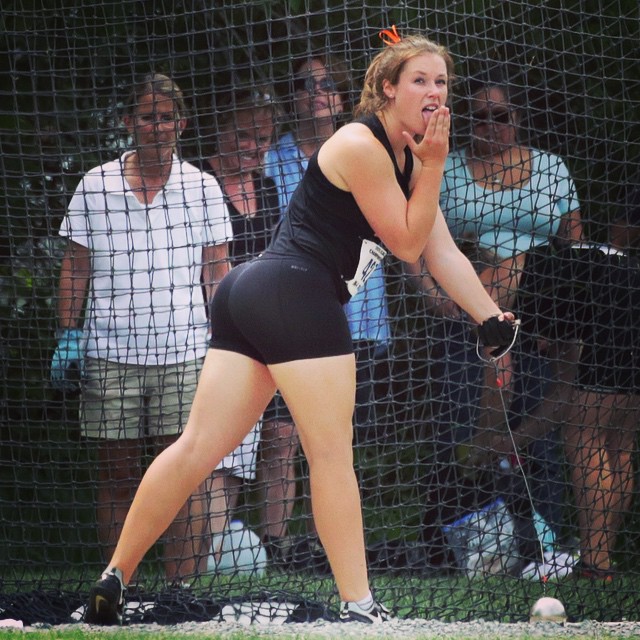Russia’s track and field team is barred from competing in the Olympic Games this summer because of a systematic doping regime.
The International Association of Athletics Federations (IAAF), the governing body for track and field, announced the decision Friday, ruling in a unanimous vote that Russia had not done enough to restore global confidence in the integrity of its athletes.
Russia won 18 medals in track and field — including eight golds — at the last Summer Olympics. But when the Rio Games begin on Aug. 5, no track and field athletes will compete under the Russian flag. Not even East Germany, which conducted a notorious doping scheme throughout the 1960s, ’70s and ’80s, faced such a penalty.
“Politics was not playing a part in that room today,” Sebastian Coe, the head of the track and field organization, said about the vote Friday. “It was unambiguous.”
The case against Russia has advanced over the last seven months. Reports by the World Anti-Doping Agency and by news organizations have detailed a state-run doping scheme that punctured the integrity of the Olympics, seemingly upending many of the results from the 2008 Beijing Games, the 2012 London Games and the 2014 Sochi Games.
The allegations were wide-ranging and detailed: Athletes were given a three-drug cocktail of banned substances and liquor; authorities helped athletes evade drug tests by surreptitiously swapping out tainted urine; thousands of incriminating samples were destroyed; drug testers were threatened by members of Russia’s Federal Security Service.
Global track officials said Friday that individuals who could “clearly and convincingly show they are not tainted by the Russian system” — because they have been outside the country and subject to rigorous testing — could individually petition to compete for a neutral team.
Such a policy could prove controversial. The sophistication of Russia’s operation, whistle-blowers have said, has made some athletes on steroids appear clean because incriminating urine samples have been swapped out or because athletes imbibed drugs with liquor to minimize the period during which the drugs can be detected.
“Two or five or 100 negative tests do not mean an athlete is clean,” Rune Andersen, chairman of the I.A.A.F. task force that is monitoring Russia, said Friday.
Perhaps further contributing to officials’ skepticism, WADA released information days before Friday’s vote that called into question the credibility of Russia’s reforms. The agency said that the testing authorities from the United Kingdom had been threatened by members of Russia’s Federal Security Service and that many athletes — a significant number of them track and field competitors — had evaded drug tests with the help of sports officials as recently as this month.
It is unclear whether the I.O.C. can or will overturn the I.A.A.F.’s ban when it meets on Tuesday. The I.O.C.’s president, Thomas Bach, has emphasized in recent weeks “the difficult decision between collective responsibility and individual justice,” suggesting sympathy for Russian athletes with clean histories who are seeking to make it to Rio.
Source: New York Times








![Women’s Shot Put [IAAF World U20 Championships Tampere 2018]](https://throwersuniteworldwide.com/wp-content/uploads/2018/07/Madison-Lee-Wesche-Tampere-90x60.jpg)
![Women’s Shot Put [IAAF World U20 Championships Tampere 2018]](https://throwersuniteworldwide.com/wp-content/uploads/2018/07/Madison-Lee-Wesche-Tampere-180x120.jpg)
![Men's Shot Put [IAAF World U20 Championships Tampere 2018]](https://throwersuniteworldwide.com/wp-content/uploads/2018/07/Kyle-Blignaut-U20-World-Champion-90x60.jpg)
![Men's Shot Put [IAAF World U20 Championships Tampere 2018]](https://throwersuniteworldwide.com/wp-content/uploads/2018/07/Kyle-Blignaut-U20-World-Champion-180x120.jpg)
![Diamond League Doha [Results + Videos]](https://throwersuniteworldwide.com/wp-content/uploads/2017/08/Sandra-Perkovic-Discus-Throw-Birmingham-90x60.jpg)
![Diamond League Doha [Results + Videos]](https://throwersuniteworldwide.com/wp-content/uploads/2017/08/Sandra-Perkovic-Discus-Throw-Birmingham-180x120.jpg)

